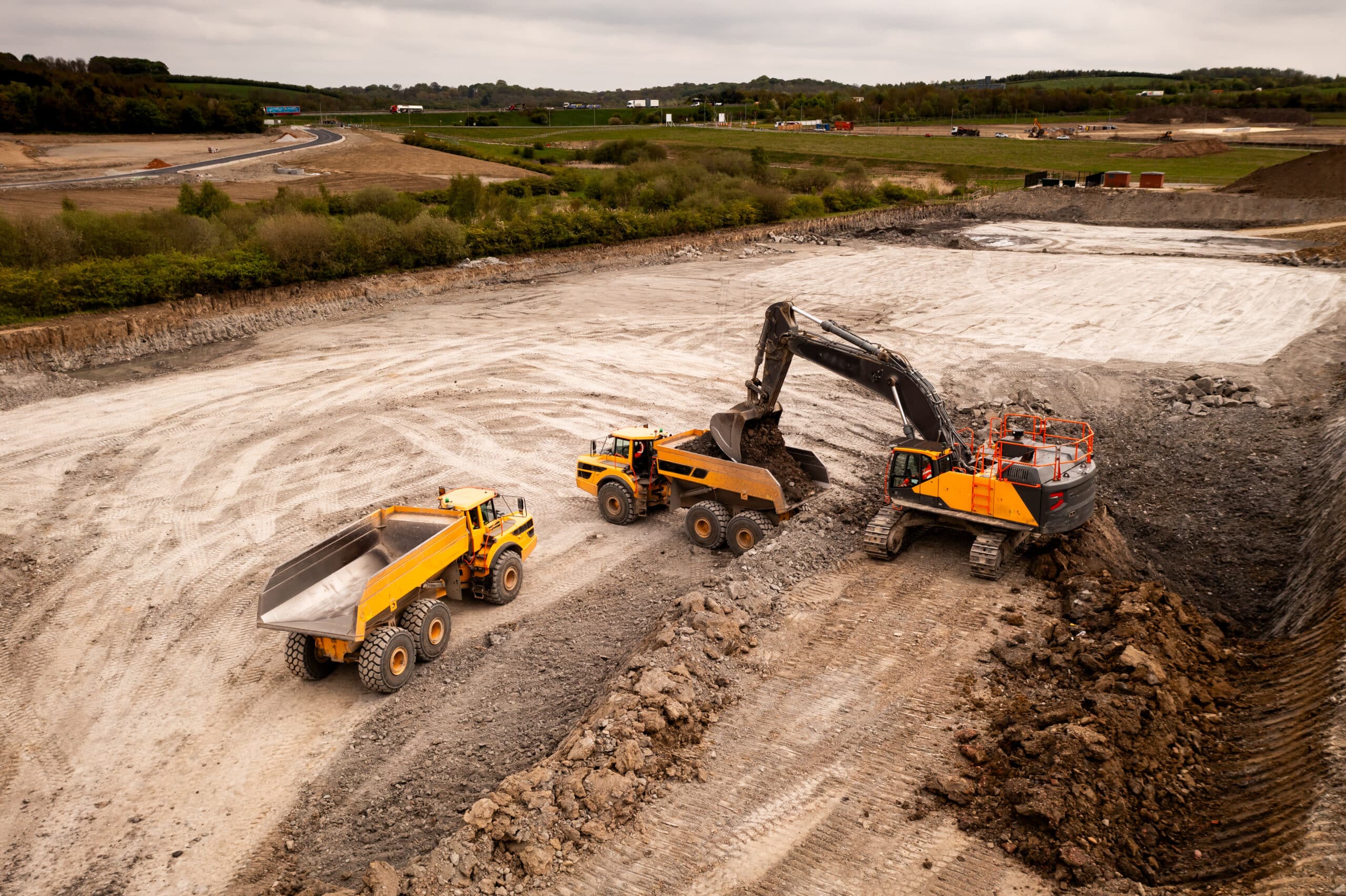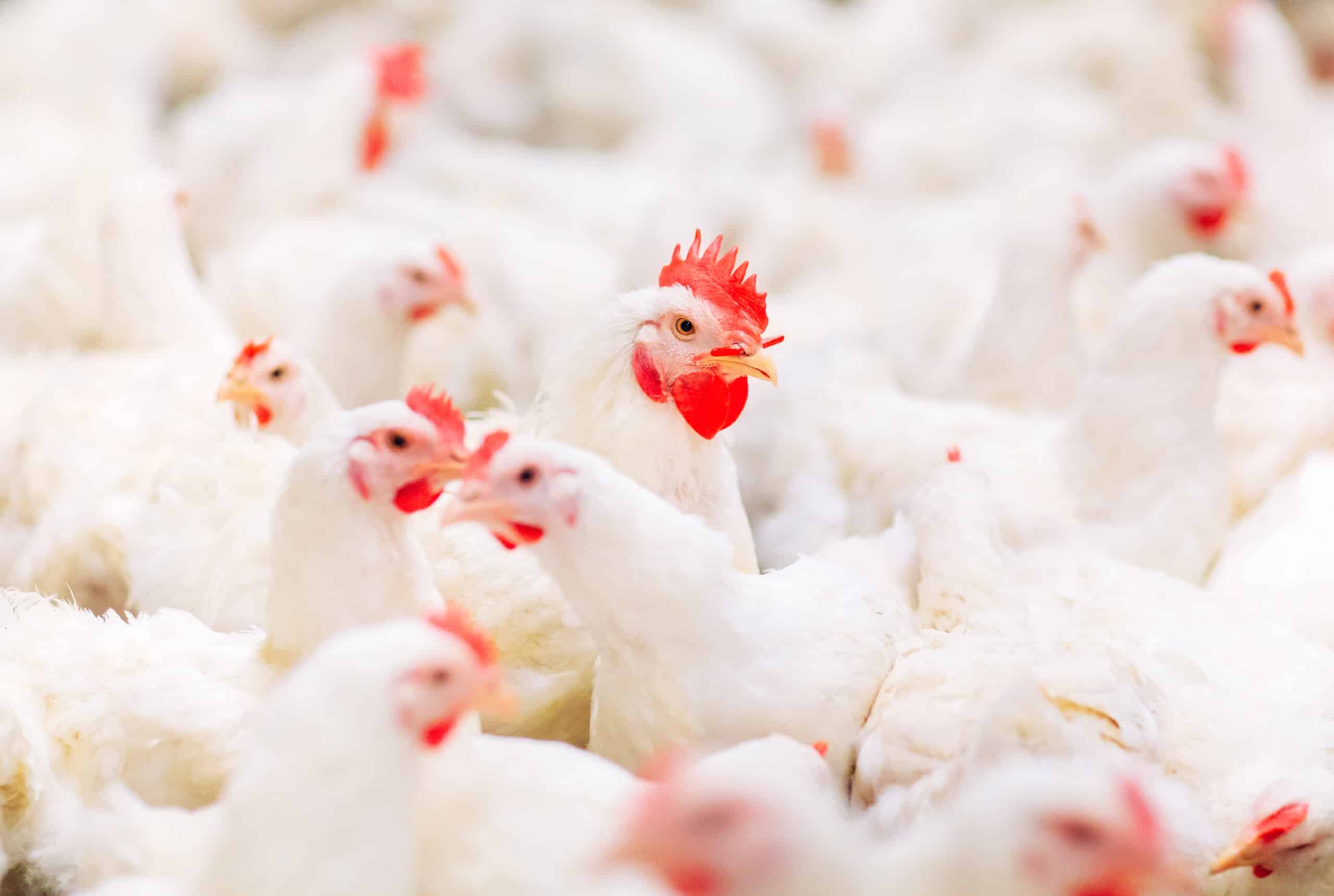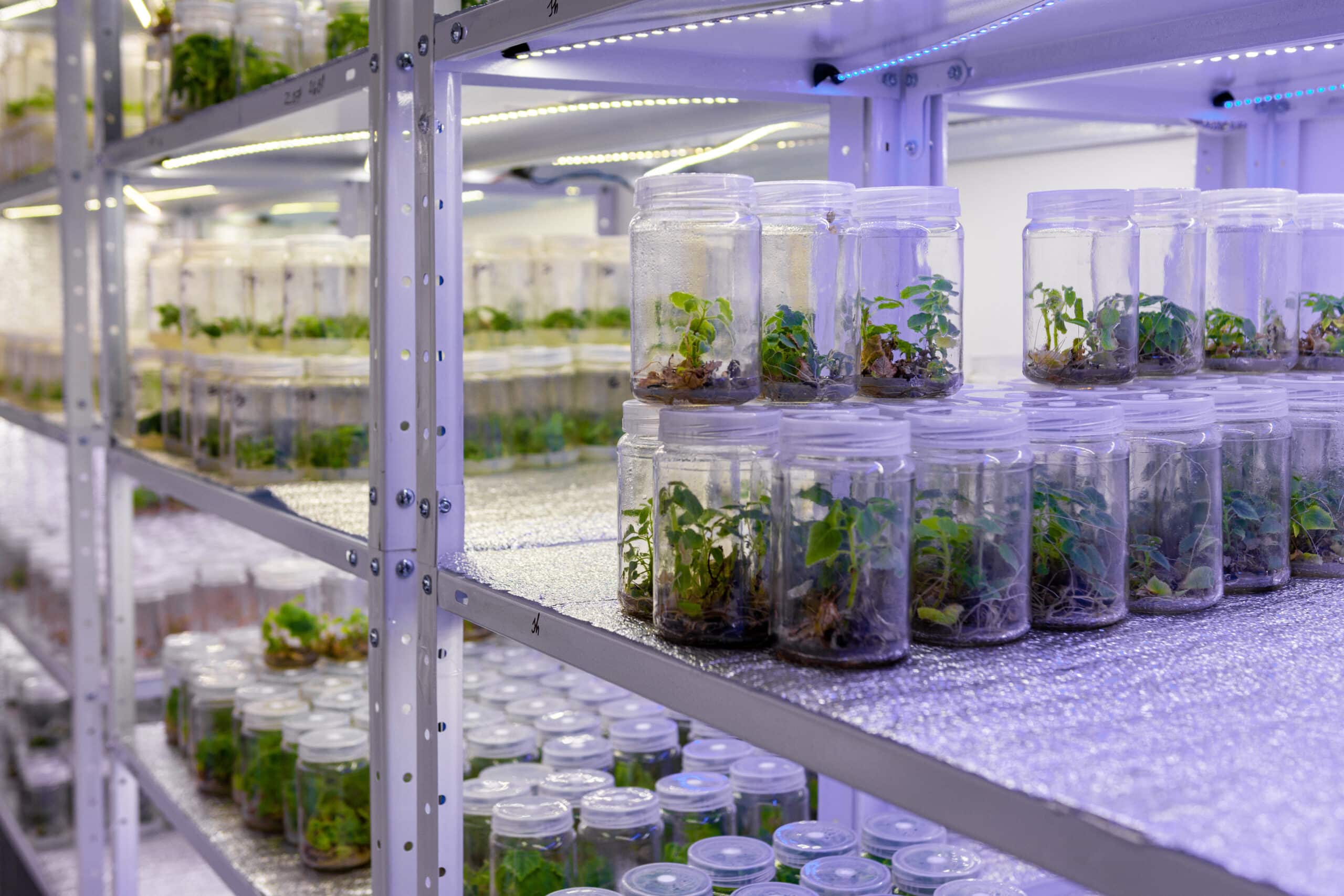According to the FAO, the problem of food insecurity is growing. Recent global events have exacerbated the situation, however, even before Covid-19 and Russia’s invasion of Ukraine, the number of undernourished and food-insecure people in the World had started to rise.
After many years of progress in eradicating hunger, why is the situation worsening? Rising food prices, energy costs and conflicts, along with unfavorable production conditions and the impacts of climate change effects, have led to a dramatic change in food supply. To improve sustainable food production and food security around the world a number of coordinated actions will be required from stakeholders across the food system.
Growing food insecurity across the world
Over 1.1 billion people in Asia did not have access to sufficient food in 2020, this was almost 150 million people more than the previous year. The excessive cost of a healthy diet and persistently high levels of poverty and income inequality continue to hold healthy diets out of reach for 1.8 billion people in Asia. Meanwhile, in Africa, rising agricultural production of 2.2% per annum is failing to keep pace with a growing population of 2.5% per annum, and a growing urban population of 3.6% per annum.
Household food insecurity is also a serious public health concern in rich countries with developed economies that are associated with inequalities. The prevalence of household food insecurity is surprisingly high in some developed countries, ranging from 8 to 20% of the population.
How can we feed the world’s population sustainably?
Global food security means that everyone, including vulnerable groups such as the rural and urban poor, have physical and economic access at all times to adequate quantities of safe and nutritious food needed to maintain a healthy and active life.
Food security is a right that should be embraced by all countries, irrespective of their level of technological, economic, and social development. Solutions to the problem are not likely to be straightforward: increased sustainable food production should not contribute to the degradation of the environment and increased greenhouse gas (GHG) emissions and should be accessible to the most food insecure populations.
Food security in developing countries is further complicated by social equality and political stability. People suffering from food insecurity often choose to migrate and look for a better life elsewhere. Migration patterns, brought about by food insecurity, have an impact on the country’s stability.
The challenge of sustainable food production and food security will require a global multi-stakeholder response, involving governments, international and regional funding and lending institutions, United Nations Agencies, non-governmental organizations, civil society, and the private sector. There is no magic bullet or single solution, but there are a range of measures which could contribute to feeding the world’s seven billion people sustainably.
Technology & food sustainability
Investment in new technology is needed to increase sustainable food production. In low-income countries, where investment in intensification is most needed, less than 5% of agricultural output is spent on innovation, accounting for $50 to $70 billion. Of this, only 7% of investment is dedicated specifically to more sustainable forms of intensification.
In developing countries, technologies to achieve food security span a wide range of subject areas, including land preparation, soil and water management, seed production, weed management, pest and disease control, farm management, harvesting and post-harvest practices like storage, processing, packaging, marketing, and distribution. New efficient irrigation systems, water harvesting, and conservation techniques can also address water constraints. In addition, plant breeding can produce more drought-resistant crop varieties.
Poor soils, water scarcity, crop pests/diseases/weeds, and unsuitable temperatures are well-known to reduce the productivity of food crops, leading to low efficiency of input use and suppressed crop output. Post-harvest crop losses also mean a waste of resources used to produce food as well as food waste that requires treatment or disposal.
Pests and diseases are frequent constraints in food production and can significantly reduce crop yields, as well increasing potential food safety risks. It is estimated that 20 to 40% of the world’s crops are lost to pests and diseases. It is also the case that the highest losses are associated with food-deficit regions with fast-growing populations. Climate change could exacerbate these losses. According to the FAO, global yield losses of major staple crops such as wheat, rice and maize are projected to increase by 10%-25% per degree of global average surface warming.
Despite an increase in pesticide use over the last 50 years, crop losses have not significantly decreased. Integrated pest management (IPM) approaches use a threshold concept for the application of pest control measures and can reduce the amount and frequency of pesticide applications to a more sustainable level. IPM coupled with precision agriculture offers great potential to introduce a more targeted and effective approach to crop protection, whilst contributing to food security and sustainability.
New molecular plant breeding technology such as CRISPR will provide better opportunities to develop new disease-resistant varieties. To date, CRISPR applications have been shown to be effective against bacterial, viral, and fungi-borne crop diseases, including powdery mildew in wheat and tomatoes, bacterial blight in rice and bean yellow dwarf virus.
Further reduction in food waste can be achieved through investment in modern post-harvest technology in developing countries e.g., cold storage, and farm mechanization, improved supply chains and consumer education. Food multinationals are increasingly looking to invest in artificial intelligence (AI) to try to increase processing efficiency and reduce food waste, others see great potential in blockchain technology.
Technology can also improve economic growth and social well-being; promote effective harvest and post-harvest practices to minimize food loss; improve storage and conservation practices to increase the value of harvested products and ensure longer shelf-life.
It is of pivotal importance that the specific technology deployed must be appropriate for local conditions. As well as the local environmental conditions, the effectiveness of new technology will depend on location, farm sizes, farmer literacy, access to information, government policies and their implementation. Training and education for farmers are critical.
Market trends and behaviours
Over 70% of the world’s poor live in rural areas and improving their livelihoods would make a big contribution to global food security and sustainability. This would not just enable people in rural areas to produce enough food to feed themselves, but also to produce food for local markets. One way to do this would be to strengthen cooperatives and farmer associations, allowing farming communities to access broader opportunities than they would have when operating as individuals.
Improving transport infrastructure and supply chains in developing countries will also benefit sustainable production and food security. Better infrastructure will not only improve access to markets but reduce transportation times and help to reduce food waste.
Sustainable protein production represents a serious challenge for the future. Worldwide, approximately 1,900 insect species are eaten, mainly in developing countries. Insects can provide high-quality food and feed, have high feed conversion ratios, and emit low levels of greenhouse gases compared with other forms of protein. Many insect species can be produced using organic waste including food waste thus contributing to the development of a more circular economy.
This approach would transform waste into high-protein feed that could replace increasingly more expensive compound feed ingredients, such as a fish meal. However, insect farming needs more investment to allow the development of cost-effective, automated mass-rearing facilities that provide dependable, stable, and safe products. In addition, in some countries, the development of the sector will also require changes in food safety legislation.
How can we make food production more sustainable?
Sustainable food production involves reducing the environmental and climate impact of food production. It means halting and reversing the degradation of farmland and biodiversity while providing a living wage to farmers and farming families.
To achieve this a wide range of solutions are required ranging from precision agriculture and IPM to training and education, as well as better use of data. There is a need to encourage intensive, industrial-scale farmers to greater environmental awareness and to allow small-scale producers to farm more efficiently along with improved access to markets and finance. This means providing the right incentives for sustainable farming practices, and penalties for unsustainable ones.
Establishing sustainable food production with Farrelly Mitchell
As the FAO reports, the crisis of food insecurity is intensifying, with recent global upheavals, including the COVID-19 pandemic and the conflict in Ukraine, exacerbating a situation that had already begun to deteriorate due to rising food prices, energy costs, conflicts, adverse production conditions, and the effects of climate change.
To effectively combat this growing challenge, a coordinated, global effort across the entire food system is essential, necessitating the involvement of governments, international bodies, and the private sector alike.
Farrelly Mitchell facilitates this change by leveraging decades of industry knowledge to provide actionable insights and critical recommendations to our clients. Our food systems specialists are dedicated to empowering sustainable food production and ensuring food security. To learn more, reach out to our team today.














